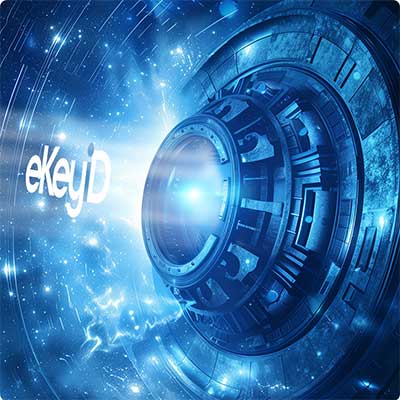It's strange that, in a connected world, business processes can become so disconnected. We're used to relating things like payments and deliveries manually; to divisions of large enterprises that operate subtly (and sometimes less than subtly) from their siblings; to technology platforms that don't talk to each other, and so on.
CertiQi is all about joining those dots, without upheaval or the need to change systems or processes. We do it by a unique approach to identity, and we'd like to show you how,
…and so, for that matter, is efficiency. In business, we need to know our customers, our suppliers and all the infrastructure providers that allow us to deliver or require us to comply. In our personal lives, we defend our privacy, but every organisation is made up of people who need to be identified to comply with the law and to allow key processes like payments and banking.
We tend to think of privacy as a personal issue, but businesses need to keep their secrets too. They may not be protected by privacy regulations, but we see no reason why they shouldn’t receive the privilege of commercial confidence. Privacy, whether personal or commercial, should follow the decisions of the data owner.
Know-your-customer is a required element of financial compliance, but it’s equally important in business-to-business commerce. If every company offered a view of its credentials with potential customers or suppliers then their proposition would become instantly more persuasive.
Hour, days or even weeks can be wasted in the to-and-fro of requests for information. That not only upsets customers, it slows down settlement and soaks up inordinate amounts of resource. And that means expense. None of us can afford to accept this as “the way it is”.
All this talk of transparency and sharing may sound like an admirable aim, but what about securing the data to restrict just how much is to be revealed, and to whom? And, given that privacy must be maintained, how can it be secured?
We saw a need to raise the security bar beyond traditional databases and blockchain and operate DotLedger, our patented federated ledger, that sets new standards in security, running costs and environmental sustainability.

The eKeyiD, or rather the eKeyiDs, are compact, intelligent codes that identify almost any type of information, from an individual to a virtual account, a digital token or a transaction. They can be nested, grouped or overlapped with infinite flexibility, yet they can be shared through any existing technology without the need for system changes. So, for example, SWIFT can communicate unlimited gigabytes of documentation within a small fraction of its 140-character payment information capacity.
The following case shows a typical situation where a patient with multiple conditions requires out-of-area care. For the purpose of anonymity, the name and region of...
The rise in fintech over the last few years has produced many remarkable challenges to traditional banking. Most have been worthwhile advances, but the number of bad...
I genuinely and profoundly admire the NHS. It’s under-funded and frequently under-appreciated. But it’s caught in that terrible trap of not having the time to improve...
In January, I commented on this website on the progress of ISO20022. Since then, little has changed, despite several initiatives that, one would have hoped, should have...
CertiQi Limited
Emperor's Gate
114a Cromwell Road
London
United Kingdom
SW7 4AG
Copyright ©2025, CertiQi Limited